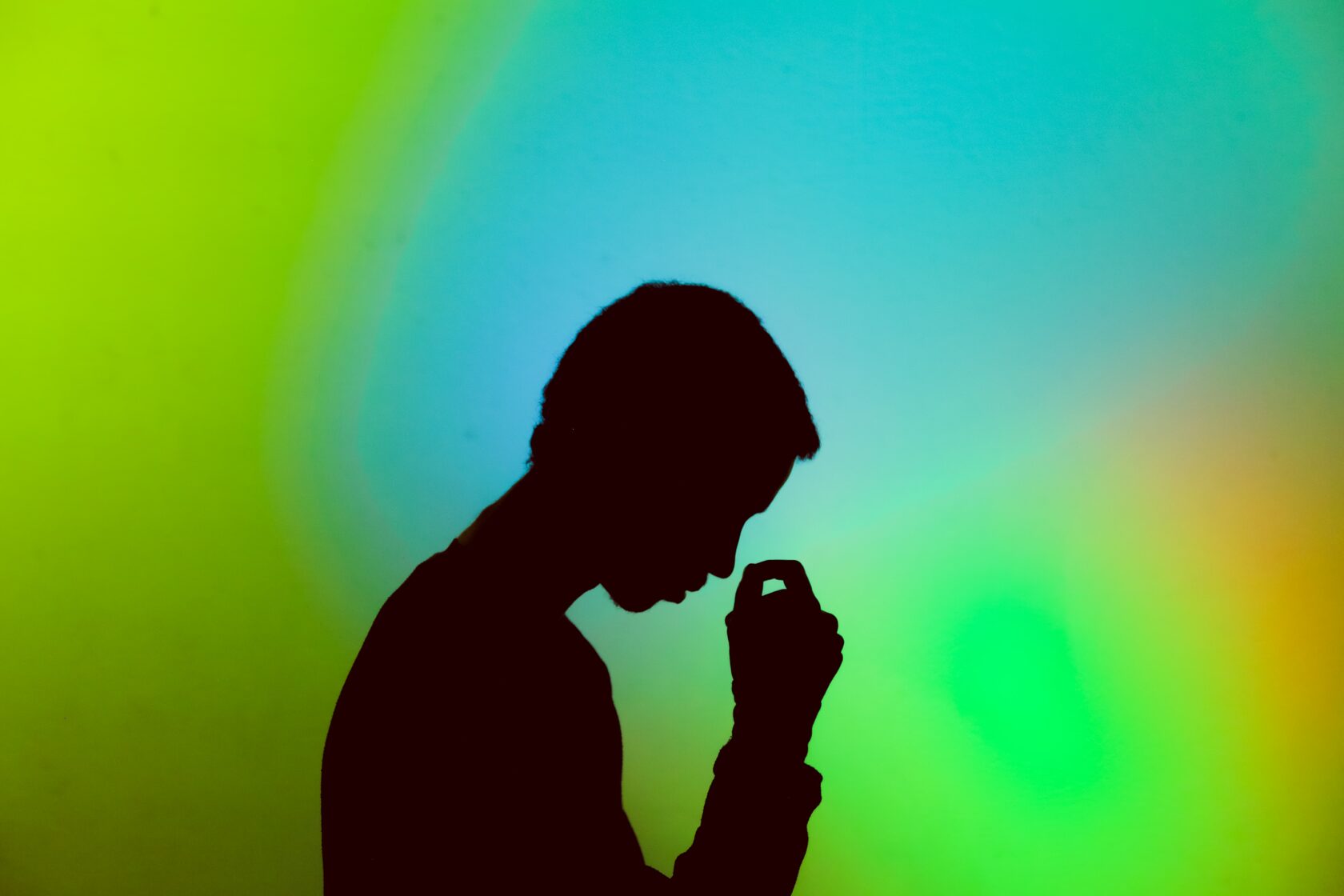dependence similar?
Chemical dependence is a psychogenic disease. It inevitably affects the mental activity of a person. Everyone knows the symptoms of the so-called "delirium tremens" or alcoholic delirium. One could hardly disagree that if you do not know that a person is an alcohol addicted, you can easily mistake the symptoms for a mental disorder, for example, paranoid schizophrenia. However, even if there are no acute psychoses, it can mislead the loved ones of the addicted person. This is especially true of parents of underage boys and girls who begin to use drugs. What behavioral problems can you notice?
Symptoms that may indicate a disorder and addiction
There are lots of symptoms common to addictions and mental disorders. For instance, sleep disorders can occur in both cases: either it is insomnia or, on the contrary, daytime sleepiness, suspiciously long (more than 12 hours) sleep, nightmares, superficial, insufficient deep sleep, etc. The same can be said about appetite: for example, a decrease in appetite can occur with both depression and amphetamine use. Therefore, it is important to pay attention to the holistic picture of the adolescent's condition. What symptoms of addiction can be easily confused with those of mental disorders? Check the list below:
● mood disorders: euphoric, on the contrary, a gloomy, negative mood;
● behavioral disorders: apathy, drowsiness, indifference or, on the contrary, increased productivity, atypical activity;
● increased anxiety;
● paranoid tendencies: a feeling of persecution, suspicion, previously unusual for a person, etc.;
● hallucinations: auditory, visual, tactile;
● overexcitation, psychomotor agitation, talkativeness;
● strong apathy, depression, dysphoria;
● speech and movement disturbances: slurred speech, coordination disturbance, incoordination of movements, disorientation similar to alcohol intoxication, etc.
Attention should be also drawn to the child's physical state: dilated or narrowed pupils, pallor, injection marks on the crease of the elbow; hands may also indicate drug use. The best option is to contact a specialist who will help determine a future diagnosis.
Parents’ actions
If you notice symptoms of drug use in a child, it is important to visit a doctor: you should not be afraid of enrolment, prescription of strong drugs, publicity, and other consequences of receiving help. Firstly, it is important not to waste time, and secondly, there are medical institutions that will offer you anonymous help. It is important to remember that the fear of offending a child with their suspicions can turn into a diagnostic error: specialists whose competence does not include the treatment of addictions may also make mistakes in differential diagnostics, make a wrong diagnosis and prescribe an ineffective treatment regimen. Don’t be afraid to get a second opinion in order to clarify the diagnosis and get timely assistance. If you have questions or concerns about addiction, you can get advice from an experienced professional, and not necessarily with your child. Please call a specialist of our Foundation or order a callback option to receive answers to your questions.


